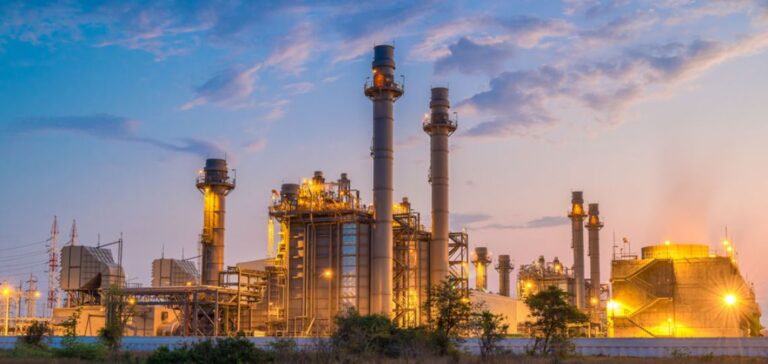Russian attacks on an underground gas storage site in Ukraine initially led to higher gas and LNG prices in Europe. The Dutch benchmark TTF futures contract began the week at 28.055 euros/MWh, rising rapidly to 29.07 euros/MWh. However, prices fell the following day, reflecting a situation of abundant stocks despite supply concerns ahead of the injection season.
Gas prices and storage
After the attack, gas prices showed a fluctuating dynamic, with a significant drop the following day, illustrating the market’s reactivity. The comfortable levels of gas storage in the EU, at 59.18% of capacity, and LNG inventories, higher than the previous year, have helped to allay supply fears, influencing the downward trend in prices.
Focus on Ukrainian storage capacity
The attention of the natural gas market has been focused on the economic and practical viability of using Ukraine’s storage facilities as the summer injection season approaches. With around 10 Bcm of storage capacity available near the Slovak-Ukrainian border, Europe sees these facilities as a strategic option, already in use in 2020 for significant injections.
Injections into Ukrainian storage
Incentives for European suppliers and traders to use Ukrainian storage capacity are not new. The summer season of 2023 saw renewed interest in storage in Ukraine due to the wide gap between summer and winter prices. However, by 2024, these incentives seem to be waning due to a narrower price differential, modifying storage strategies.
Although no significant damage was reported, the attacks caused uncertainty among market players, fearing impacts on injections and withdrawals from Ukrainian facilities. Traders express concern about the security of energy infrastructure and the future of the Russia-Ukraine gas transit agreement, underlining the importance of flows via Ukraine for European energy security in winter.






















